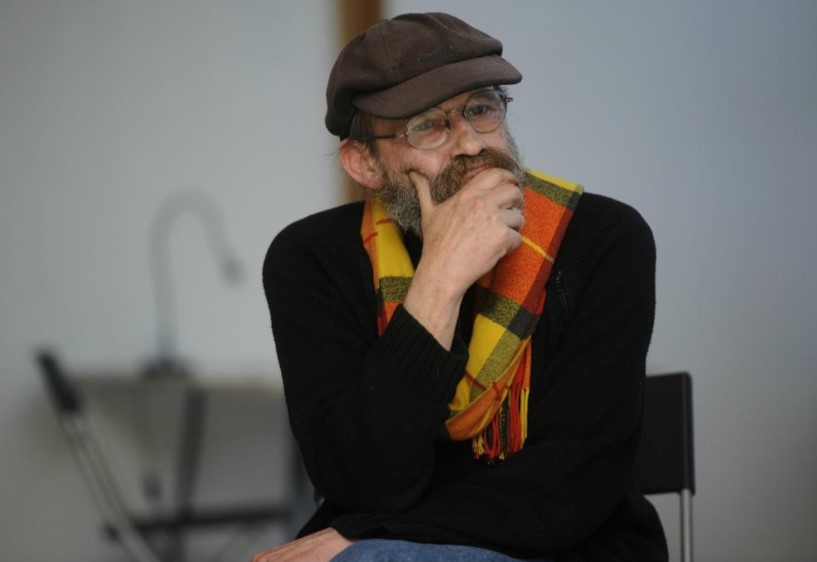On the 26th of February 1992, Slovenia erased 25,671 people who held citizenship of the republics of the former Yugoslavia from the Register of Permanent Residents of Slovenia. While it is true that among them, there were some who were wronged because they were unable to get their papers in order or were not informed of what was going on, we cannot ignore the fact that most of them did not take advantage of the opportunity that was given to them. Despite this, the people in power are now saying that we should consider amending the legislation governing the status of all those who have been “erased” and even think about compensation for them. The term “erased” should be replaced by “victims,” according to the Speaker of the National Assembly of the Republic of Slovenia.
The period of the war for Slovenia and the period of Slovenia gaining its independence was a time when the people living here had to make a decision on whether to stay and live in Slovenia as its citizens or to speculate whether Slovenia would or would not become independent. Over 180,000 people made the right and timely decision, while some others did not, for various reasons. While a minority really could not obtain their status, the majority speculated.
“I did not apply for Slovenian citizenship because it would have been uncivilising,” is a very telling statement made by the leader of the erased, Aleksandar Todorović, in 1996. In an interview, we could see Todorović answering a question from former Minister of the Interior and current Head of the Consular Section of the Ministry of Foreign Affairs, Andrej Šter, who asked Todorović: “If things had gone back to the way they were and we had turned back the clock and got to the 26th of February, would you, Mr Todorović, have decided, while there was still time to do so, to settle your status as a foreigner?” He replied, “Of course”. When asked why he had not done so, Todorovic said, “Why should I have done so?”
The Speaker of the National Assembly, Urška Klakočar Zupančič, in her recent speech on the 31st anniversary of the event in question, said that “the Slovenian authorities at the time unlawfully erased an entire generation of people from the Register of Permanent Residents of the Republic of Slovenia, thus depriving them of their true status and the economic, health and social rights that went with it.” The Slovenian Democratic Party (Slovenska demokratska stranka – SDS) President, Janez Janša, was particularly critical of that statement, as he pointed out at a following press conference that in this category, there were cases of people who had actually been wronged because they had not been informed and had not been able to obtain documents at the time of the disintegration of Yugoslavia. However, “The largest part of this category is represented by those who had more than half a year to obtain Slovenian citizenship, which was offered to all those who had permanent residence in Slovenia at the time, who had the right to vote in the plebiscite, in the 1990 elections, but did not want to arrange this citizenship,” he said, adding that some left the country because they did not want to believe that Slovenian citizenship would be a realistic category.
It is, he also said, cynical that now there is talk about how those who have a pension of 500 euros and who built this country would have to pay those who did not believe in this country and refused Slovenian citizenship, and now they are demanding some kind of compensation. “We advise the Speaker of the National Assembly to educate herself about Slovenian history and not to abuse the legislative power and the National Assembly to spend money on nonsense,” he stressed.
Former Interior Minister Dr Vinko Gorenak has also stressed in the past that the cases of the “erased” should be judged on a case-by-case basis. However, this is something that the ruling party does not seem to understand, or does not want to understand, even though taxpayers’ money is at stake in the case of compensation. If only they would at least deal with things that are pressing, such as improving the situation of pensioners who have contributed money to the state budget all their lives but are now struggling to get from one day to the next, because of the high prices of food and utility bills.
Sara Kovač


